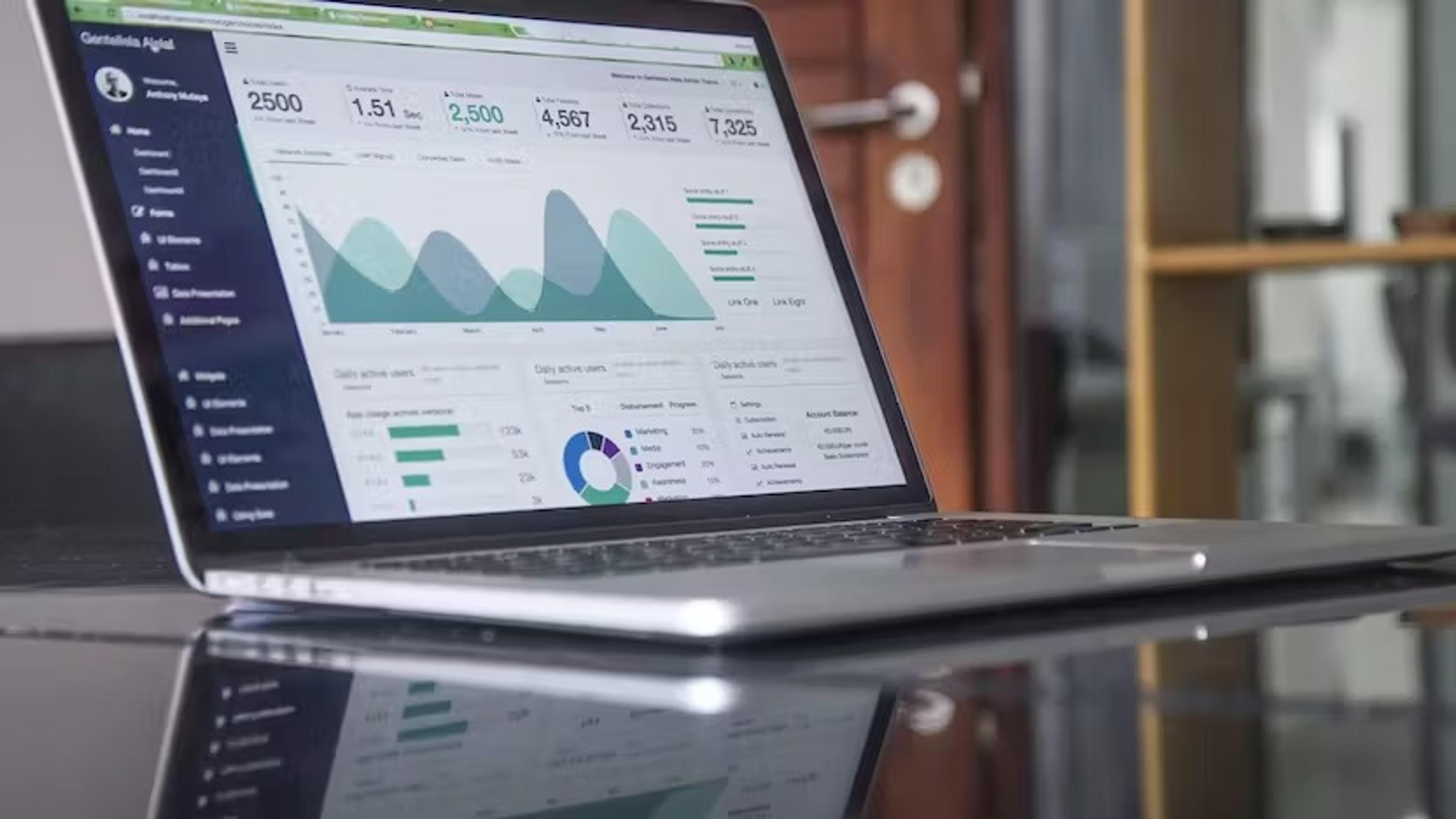Fintech has changed our lives - but why not our pensions?
- By
- Pete Hykin

We live in the age of app-based banking and instant access to digital financial services – from instant money transfers to direct mobile access to stock and shares. You can’t take a trip on the Underground without seeing an advertisement promoting another fintech disruptor and their revolutionary approach to helping you control your finances.
This is largely a very good thing. Better access to services will make the market more competitive. Improved financial literacy will lead to people making smarter decisions. Gamification can be an effective way of simplifying complex processes, again extending market access and giving people more flexibility over how they spend, invest and save.
The downside is that innovation and disruption has not occurred across the board, and nowhere is this more evident than in the pensions industry. According to KPMG, fintech investment more than doubled in 2018, reaching $111.8 billion across private equity, venture capital and M&As. And yet in KPMG’s report into ‘The Pulse of Fintech in 2018’, the word ‘pension’ was featured a grand total of zero times.
For all of the amazing fintech-powered transformation we’ve witnessed, the world of pensions remains as remote, opaque and impenetrable as ever, while the products themselves are deeply unengaging and increasingly ignored.
Just think about your own pensions experience. It likely involves lengthy annual statements, delivered through your letter box, offering you tables, charts and graphs that won’t make any sense unless you’re an actuary (which most of us aren’t). If you’re lucky, your pensions provider will have an online portal, but it probably won't include real-time data and it might not make any sense, but it’s better than nothing… isn’t it?
The simplified annual pension benefit statement introduced in 2018 should help customers make sense of the information, but the two-page pdf will still be out-of-date for the majority of its lifespan. We're starting to see one or two companies making strides in offering a digital-first service, and we hope to see many more modern pension providers capitalising on the power of technology in personal finance.
The latest data shows that almost half of pension plans are being accessed without any financial advice. Again, most people are not actuaries, and the vast majority of pensions plans are not designed with layperson’s clarity in mind. Are these people really making smart pensions decisions? Or are they simply paying lip-service to a product they no longer see as relevant to their lives.
The answer to why this multi-trillion pound industry has been so devoid of innovation is complex. One thought is that entrepreneurs are too focused on furthering today’s culture of instant gratification, at the expense of innovation in services designed for the longer-term. Faced with a choice between developing an investment app designed to deliver immediate results (and regular dopamine hits), versus a product that will reward its users in three to four decades’ time, and you can understand why start-ups may feel the former is an easier sell.
There’s also a growing sense that – across some areas of the workforce – pensions are not seen as an attractive investment vehicle anymore. 46 percent of self-employed people feel property is a safer way to save for retirement. Half of all 20 to 29-year-olds have opted out of any investment in retirement resources.
Is this also a product of our instant gratification culture? Possibly, though it could also be a delayed after-effect of the financial crisis, with young people put off from making significant pensions contributions, having seen their parents’ pensions take a hammering a decade ago.
Whatever the case, it’s a misconception – no private pension has ever performed badly, only the investments that peoples' pension savings have been put into. Young people are being given the wrong messages at the time when it is most important for them to understand the facts. Millennials, for example, will have to save £80k more than their grandparents in order to retire at the same age, and right now pensions are the only vehicle that will give them an additional 25 percent contribution from the government as standard.
We need more education about the benefits of pensions – and fast – given the biggest advantage people have is how early they can start saving. There is a new media report every week about socially-responsible, sustainability-oriented Gen Zs coming of age. These young people, seemingly more attuned to thinking about the future, could well arrest the decline in pensions engagement if the benefits are better communicated.
However, one thing’s for sure, and that’s that audiences young and old are going to continue being deterred by the pensions industry unless there’s tech-driven disruption and some serious focus on improving the consumer experience, so that pensions stop sending people to sleep and start them saving for later life again.
Create an account with us today and start saving for your future.
With pensions, as with all investments, your capital is at risk and the value of your pension with Penfold may go up as well as down. You may get back less than you put in.

Pete Hykin
Penfold Co-CEO and Co-Founder